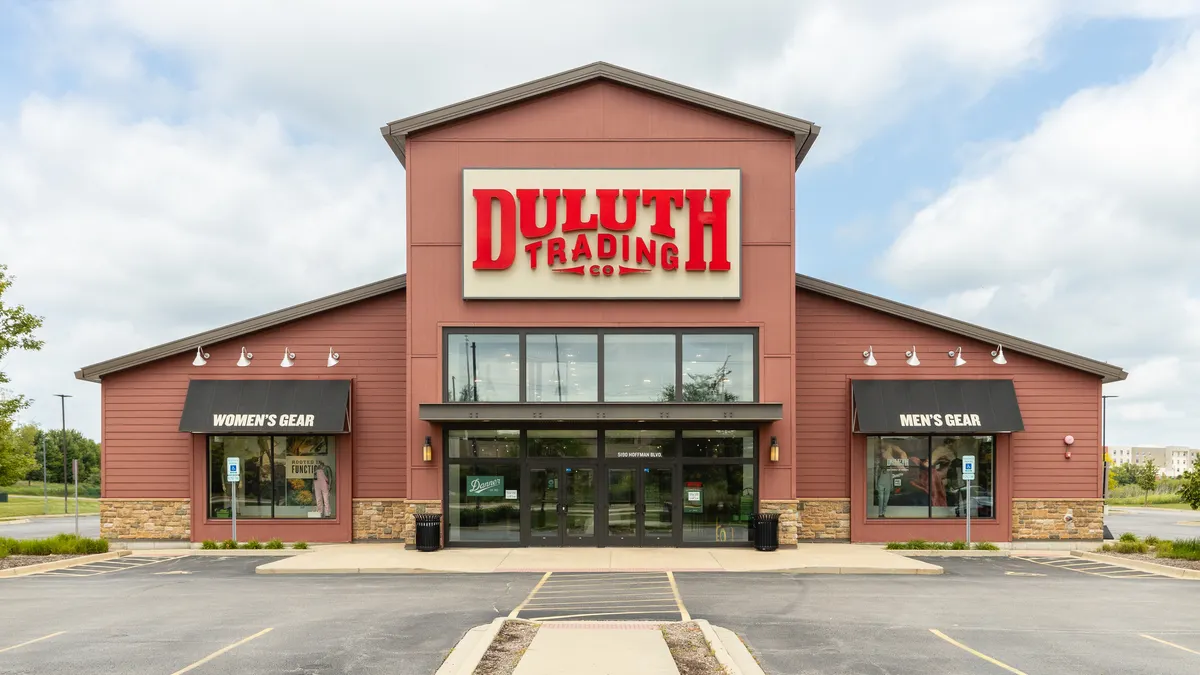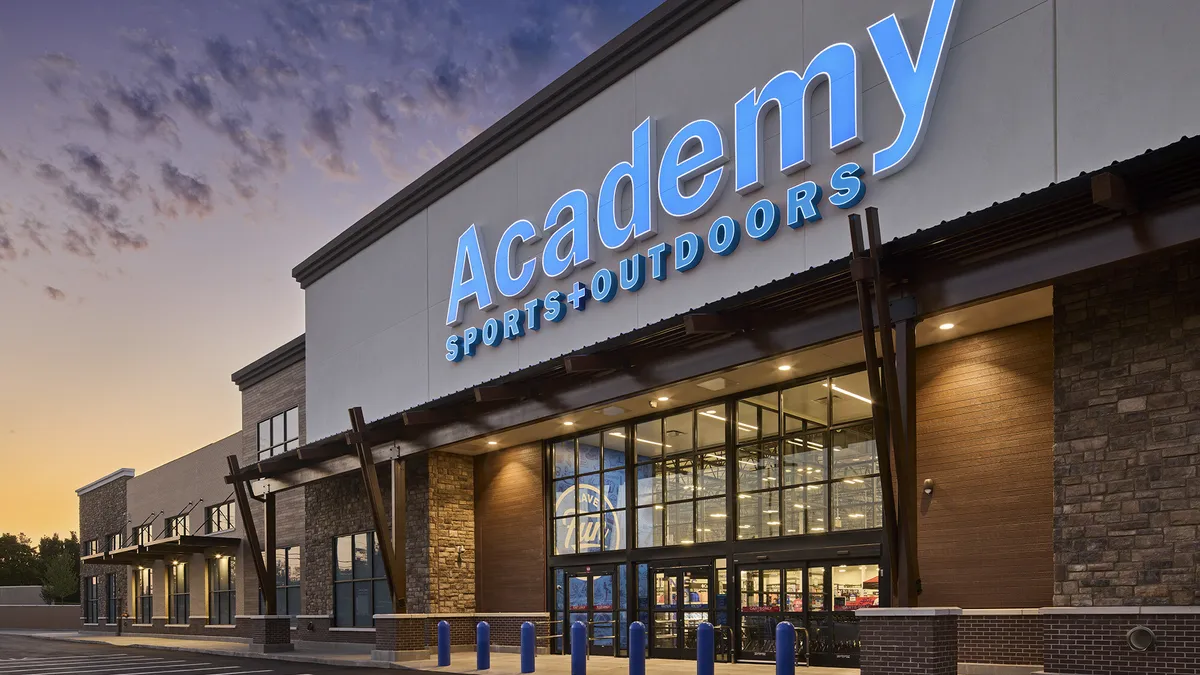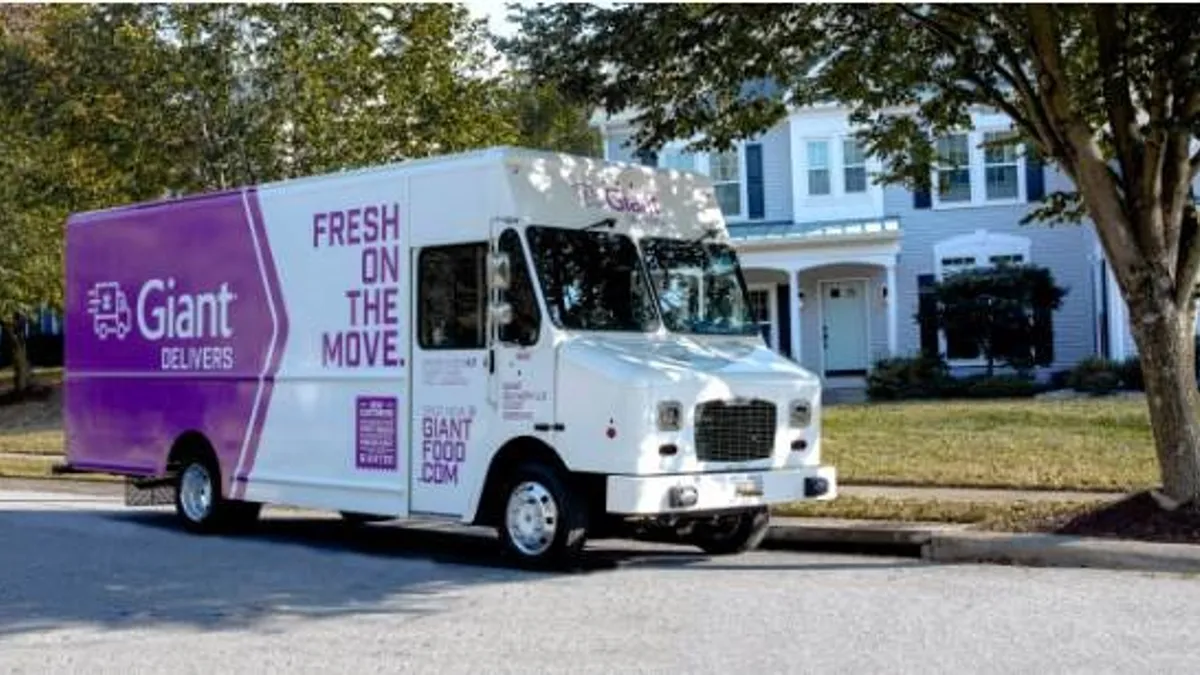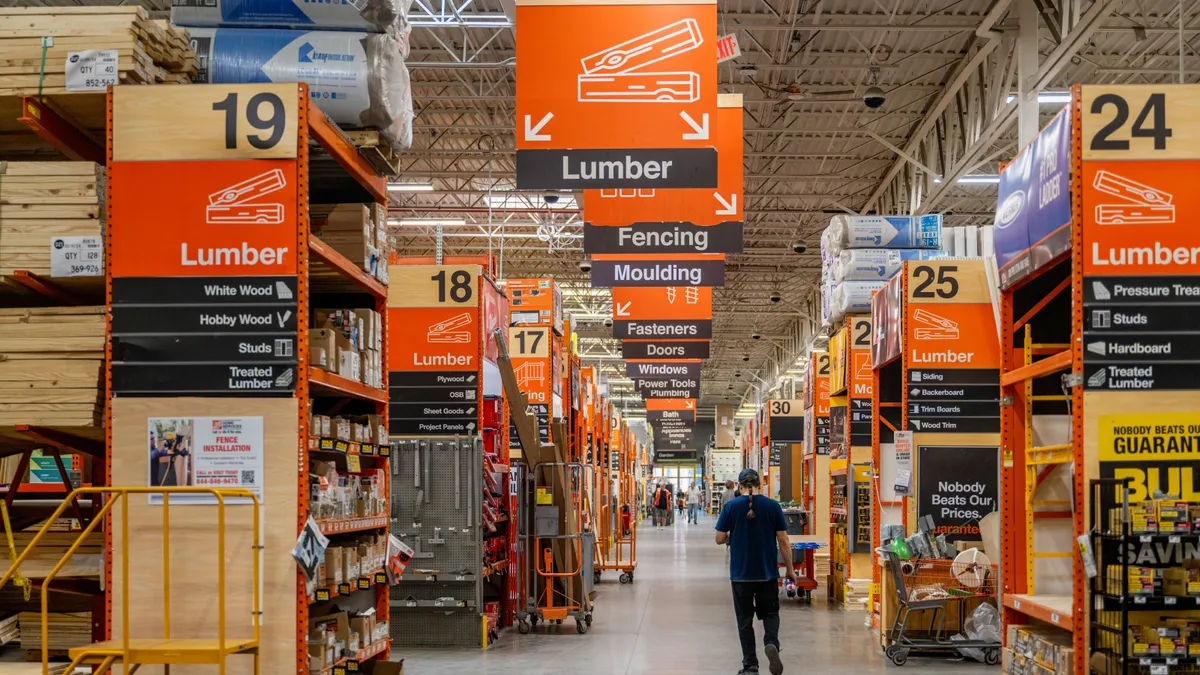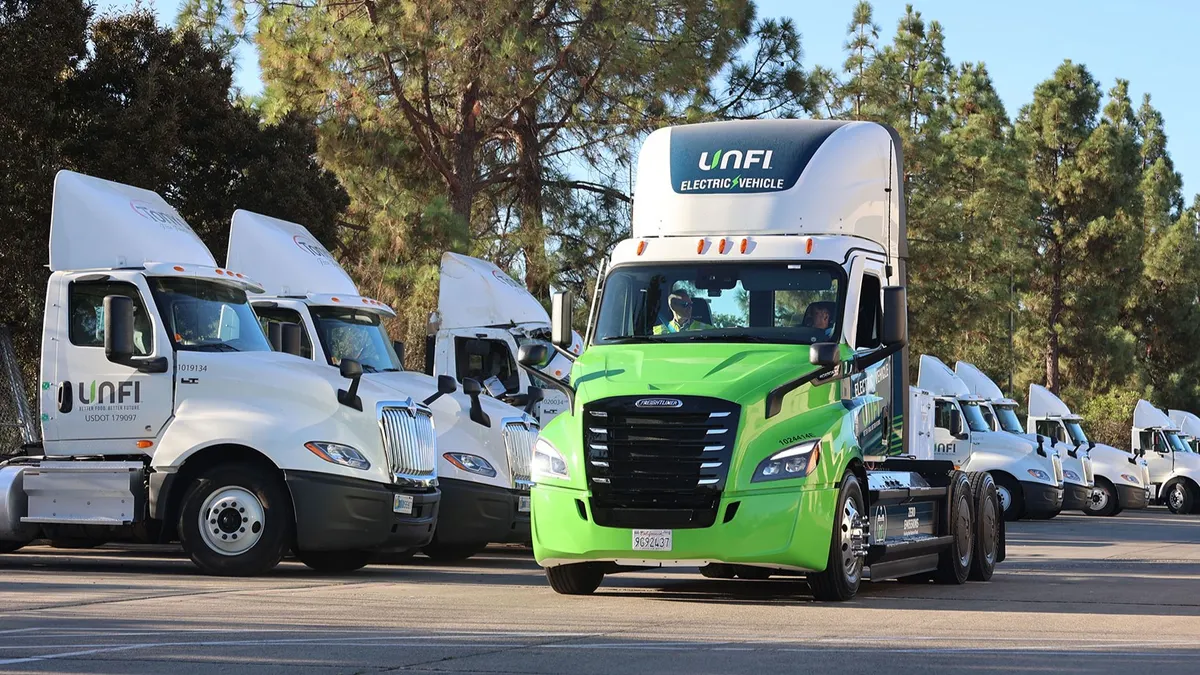This Baby Boomer is getting older, but I’m not going anywhere just yet — or at least, that’s my plan. When my friends and I chat these days around the coffee machine, the talk quickly goes from the Red Sox to the mercurial returns on our retirement plans, a joint replacement or two and what’s next in life. The term "next chapter" seems to be the term of choice these days, at least for my generation.
Early in my career, I noticed that there were typically three generations in the workplace:
- Workers who were either starting out or had some basic experience.
- A group with a dozen or so years of experience, many of whom were aspiring to supervisory or management positions.
- A tier of very experienced people who were in the later stages of their careers.
It was a tidy package and easy to navigate.
But the workplace has changed. Driven by socioeconomic factors, the number of generations in the workplace is increasing, in some cases up to five.
People are healthier and living longer, making the customary mid-60’s retirement archaic.
Fallout from the Great Recession, where many retirement funds were decimated, forced some to remain in the workforce in an effort to build back up their retirement reserves to support their longer lifespan.
With today’s full employment levels, companies are making it worthwhile to stay in the fold for as long as possible.
Let’s take a quick trip through the generations to provide a broader perspective. And during our trip, please refrain from making fun of Millennials, the generational punching bag. I work with Millennials, I teach Millennials and I am a parent to two very successful Millennials. I am a fan. It’s the generation that came after them that worries me. More on Generation Z in a minute.
Just where do you and your colleagues fit in the generational mix?
Traditionalists were born between 1920 and 1945 and experienced the Great Depression, WWII and the Korean War, along with dramatic post war economic and social changes. They also gave birth to the Baby Boomers, those born from 1946 through 1964.
As a card-carrying Boomer, I fondly remember Woodstock as the music festival and not the Peanut’s comic strip character.
Generation X, those born between 1965 and 1980, seems to be the forgotten generation but are prevalent in business and political leadership these days.
Millennials, born between 1981 and 1996, have been given a bad rap. Often called “echo boomers” as the children of Baby Boomers, this generation has lived through the birth of the Internet, the rapid expansion of social media, and 9/11. Those fundamental societal changes have impacted us all, not just Millennials.
And then there is Generation Z. These digital natives were born after 1996 and represent approximately 25% of the U.S. population. They are now beginning to stream into the workplace. By 2020, 40% of consumers will be Generation Z. Businesses are well aware of this surge, and companies are already planning for this onslaught of digital natives.
The influence of Generation Z will come to the workplace as well, where the use of mobile devices, artificial intelligence (AI) and automation will soon take over the factory. It will be driven by those young professionals who essentially grew up with a device in their hands.
All of those pervasive mobile applications that can frustrate even the most technology-oriented Millennial are essentially geared to the newest generation. They get it, and eventually so will your customers and suppliers.
Yet some feel that while Generation Z are tech wizards, they may lack some of the social skills that are still critically needed in business, especially in dealing with a global supply chain. The equilibrium point between humans and machines is in flux, and it is important to offset the digital native behavior with some education in effective communication, negotiation skills and of course, empathy.
I was lucky to be comfortable working across the generations, but early in my career, I found that I would gravitate towards some of the older workers for career advice, a solution to a supplier problem, friendship and mentorship. Having decades of experience, they were comfortable in the workplace and with themselves. I’d often refer to these people affectionately as "Pops," a line from an old movie favorite of mine. And yes, there were women in this category as well, but "Moms" just didn't seem to work.
Lately, I have become Pops myself.
My role in the workplace has changed. I am a mentor, friend, confidant and trusted colleague. I was recently complaining that too many people were coming into my office for me to solve problems and offer advice. Then I realized this was a really nice thing, and I became a lot more accepting of it. It’s an honor, actually.
I was recently mentoring two of the younger members of my gym on their first post-college job searches. I had introduced them into my network, and they were actively interviewing with friends of mine.
Mentoring also happens in my classes when I share stories from my supply chain career or help students with a resume or mock interview. I’ve survived the corporate life they are aspiring to join.
It is a bit of a shock to realize I am now a member of that older workplace generation. And while no one calls me "Pops" to my face, my graying hair and decades of experience reinforce my membership in the old timers’ club, especially when the students or colleagues I am working with are sometimes younger than my own children.
I fondly look back through my career and see members of that older generation who helped me when I really needed it. Jim, Ron, Art, John, Steve and yes, Christiane and Deborah. All Pops, and Moms, in their own right.
Now I am proudly one of them, and I’m reporting for duty.






